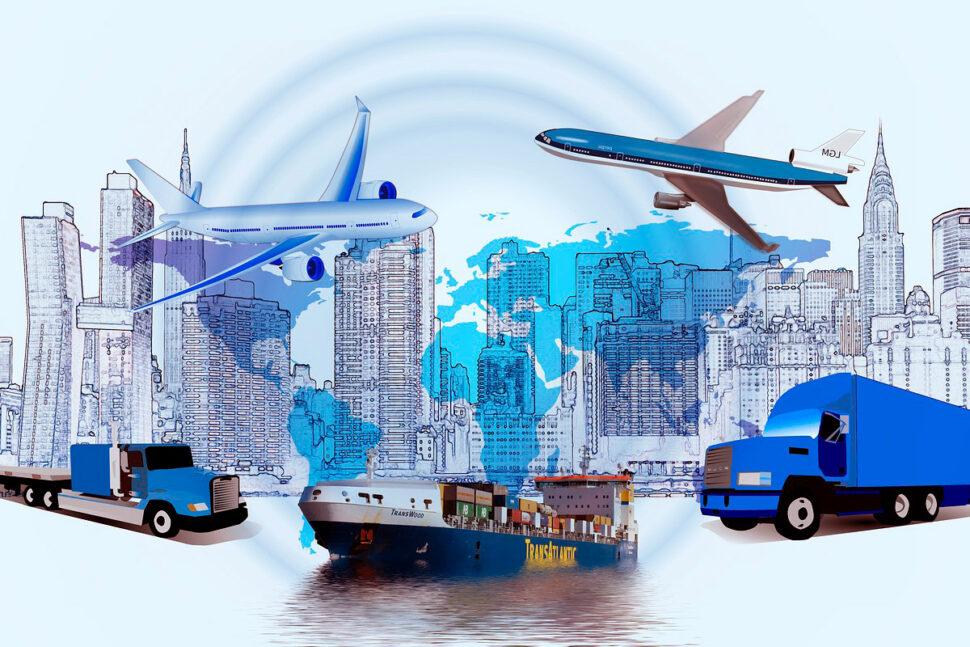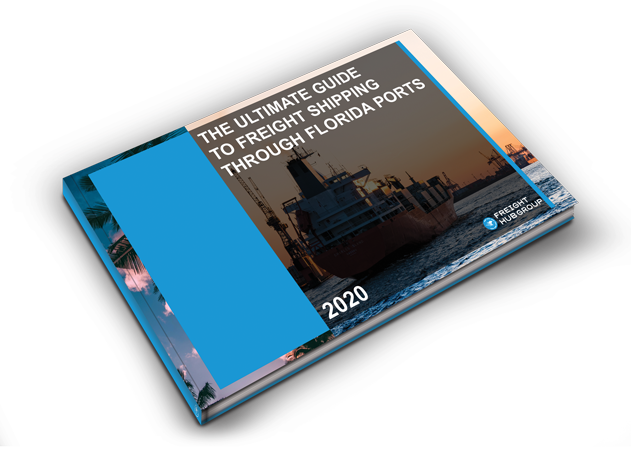Decoding 4PL: A Comprehensive Guide to Fourth Party Logistics
Navigating the complex world of logistics often seems daunting, especially when multiple layers of service providers come into play. Among these, Fourth Party Logistics—or 4PL—is becoming increasingly significant for companies looking to optimally manage their supply chain. In this article, we’ll dissect what this model entails, how it differs from its predecessors, and what its core business model is.
What is 4PL?

Fourth Party Logistics (4PL) refers to an overarching management system in supply chain operations where a single entity takes the reins of the entire logistics functions for a company. This entity serves as a single point of contact, coordinating the roles of all other third-party service providers in the supply chain. The aim is to offer a turnkey solution that not only includes transportation and warehousing but also dives into strategic planning and analytics.
Key Companies in the Sector
Companies that specialize in this role act as strategic partners rather than mere service providers. Well-known firms in this sector include Accenture, Capgemini, and Deloitte. These companies excel in bringing technological advancements and operational insights to the table, thereby enabling businesses to focus on their primary competencies.
Services Offered
The scope of services offered by these specialized companies is broad, and includes:
- Transportation and Freight Management
- Warehousing Solutions
- Inventory Planning
- Order Fulfillment
- Advanced Analytics
- Real-time Monitoring
By providing these extensive services, these firms bring a level of expertise and integration previously unattainable through more traditional logistics arrangements.
Comparing 1PL, 2PL, 3PL, 4PL, and 5PL
Understanding this model becomes easier when we place it alongside its logistics ‘siblings’:
- 1PL – The company manages its logistics using in-house resources.
- 2PL – Here, specialized providers handle specific logistics functions like transport or storage.
- 3PL – External organizations manage multiple logistics operations but lack the overarching strategy layer.
- 4PL – A single entity strategically manages multiple logistics service providers.
- 5PL – This builds on the Fourth Party Model by focusing on the entire network of supply chains, aiming for large-scale optimization.
Distinguishing Between 3PL and 4PL
3PL and 4PL are often confused, but they serve different roles. The third-party model offers a range of services, including transportation and warehousing, but doesn’t provide strategic oversight or end-to-end coordination. On the other hand, Fourth Party Logistics adds a layer of strategy, technology, and integration, creating a more streamlined and efficient supply chain.
The Business Model
The 4PL business model is centered around integration and oversight. These entities don’t own transportation assets or warehouses; instead, they provide the technology and managerial expertise required to coordinate these elements effectively. Typically, a 4PL company will enter into long-term contracts with a client to ensure consistent performance and ongoing optimization of the supply chain. The emphasis is on total supply chain solutions rather than fragmented services.
In a global economy teeming with complexities, Fourth Party Logistics offers a consolidated, strategic approach to managing supply chains. Whether it’s leveraging technological advancements for real-time tracking or crafting efficient freight sourcing strategies, this model serves as a one-stop-shop for advanced logistics management. As the business landscape continues to evolve, companies looking for an edge in operational efficiency might find a robust solution in Fourth Party Logistics.
Sources
- Langley Jr, C.J., “The Evolution of the Logistics and Supply Chain Industry”, Logistics Quarterly, 2018.
- Capgemini Consulting, “The Future of Fourth-Party Logistics”, Capgemini Research Institute, 2020.
- “Logistics Service Spectrum”, Supply Chain Management Review, 2019.
- Mangan, J., Chandra, L., & Butcher, T., “Global Logistics and Supply Chain Management”, Wiley, 2017.
- Bowersox, D.J., Closs, D.J., & Cooper, M.B., “Supply Chain Logistics Management”, McGraw-Hill, 2019
- “4PL vs 3PL: What are the Differences?”, Transportation Journal, 2021.
Recent Posts
Watch our Podcast

THE ULTIMATE GUIDE TO FREIGHT SHIPPING THROUGH FLORIDA PORTS
When it comes to ocean freight shipping in Florida, there is a lot to know to ensure you follow the appropriate steps when shipping into and out of Florida Ports.
Just enter in your email address and receive your FREE E-Book in minutes!